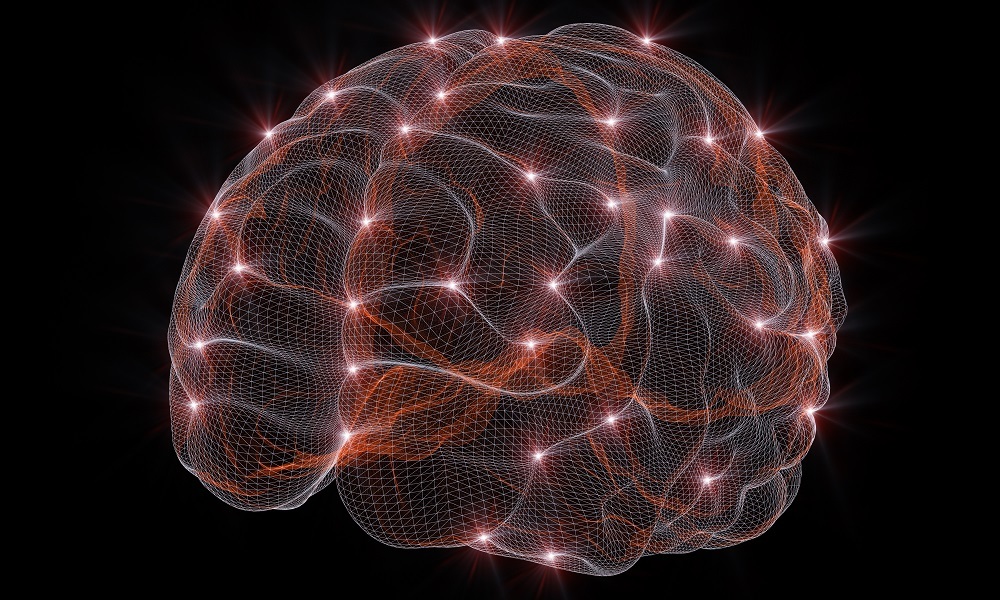Welcome to this month's edition of Researching education: Five further readings. In this series, we take a look at some further readings available on a particular topic, including open access research papers from various online databases, and Teacher archive content you might not have come across yet.
Supporting all students to thrive at school and beyond includes being informed and prepared to teach in a neurodiverse classroom. In this edition of Researching education: Five further readings, we’re sharing five readings on the topic of neurodiversity in education from leading researchers and institutions in Australia, New Zealand, the UK, the US and France.
- Supporting children with neurodiversity. This practice paper published in 2022 by the Australian Institute of Family Studies and Child Family Community Australia outlines three areas of focus to enhance effective support for children with neurodiversity. The paper outlines difficulties students with neurodiversity may face at school, and strategies to support students’ neurocognitive functioning in these settings.
- Responding to neurodiversity in the education context: An integrative literature review. Commissioned by the New Zealand Ministry of Education, the Donald Beasley Institute has published an integrative literature review on neurodiversity in education. The report shares findings on new and innovative approaches to building teachers’ confidence and capacity to provide improved support for students with neurodiversity, in response to the New Zealand Learning Support Action Plan 2019 – 2025.
- Trends shaping education spotlight 12 – Neurodiversity in education. This spotlight paper from the OECD looks at how education systems can work to meet the needs of students with neurodiversity, particularly autism and attention hyperactive deficit disorder (ADHD). The paper both unpacks global statistics on student diagnoses and teachers’ professional development, and outlines strategies for improvement informed by the reviewed research.
- Teaching for neurodiversity: A guide to specific learning difficulties. Funded by the UK Department for Education, this booklet from the British Dyslexia Association provides an overview of common learning difficulties experienced by students. For each of the six learning difficulties, the booklet provides an explanation, what it means for classroom learning, what to look for, strengths, routes to identification, and links to further information.
- Valuing differences: Neurodiversity in the classroom. This article brings together the experiences of students, researchers and educators, discussing how teachers can build on the skills and talents of students with neurodiversity. The authors highlight the strengths of neurodiversity and offer three suggestions for teachers to support connections with and amongst neurodiverse students.
Some of the resources featured in this article can be found through Cunningham Library Catalogue and EdResearch Online. At the links below, you can search for more resources on the topic of neurodiversity in education in these two online databases.
- Neurodiversity in education: Cunningham Library Catalogue
- Neurodiversity in education: EdResearch Online
You can also browse other topics at this page.
The Cunningham Library membership is open to individuals, schools and organisations. Membership includes access to a comprehensive collection of education research literature; weekday alerts to a selection of Australian education news; fast supply of articles and books from the collection; support in finding research; and an integrated online search tool that works across all our resources.
To become a library member, visit the website.



